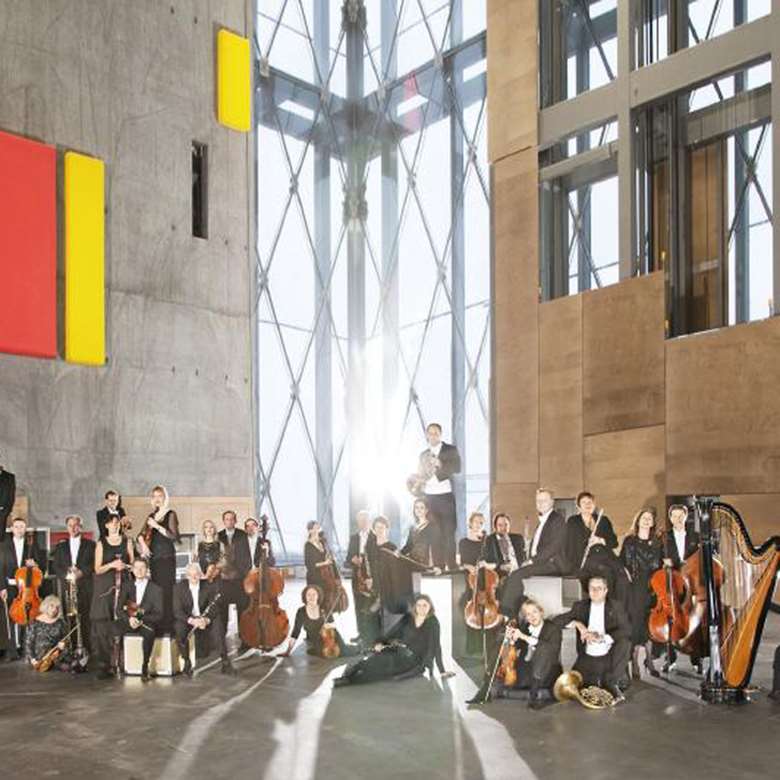Danish broadcaster DR to disband chamber orchestra in budget cuts
Andrew Mellor
Tuesday, September 9, 2014
DR’s 75-year-old chamber orchestra to disappear amid cuts to journalist numbers and BBC buy-ins

Denmark’s state broadcaster DR announced yesterday that budget cuts would see its chamber orchestra close in January. DR’s Danish National Chamber Orchestra or ‘Underholdningsorkestret’ – previously known as the Danish Radio Sinfonietta – will cease playing in January though it would appear DR’s symphony orchestra will remain unaffected.
DR’s chairman Michael Christiansen admitted yesterday that up to 200 jobs at the broadcaster would go in a ‘long-term plan’ to ensure the broadcaster’s future and ‘free-up’ 161 million krone annually.
The Danish National Chamber Orchestra has made a series of well-received recordings under its chief conductor, Adam Fischer, notably of the complete extant Mozart symphonies (completed earlier this year) and of early Mozart operas, a number of which have been awarded the Editor’s Choice accolade by Gramophone. But most of the ensemble’s schedule was filled supporting television shows and pop/live music events; while many of its functions could be fulfilled by any studio orchestra, it mounted some ground-breaking projects in recent years including acclaimed collaborations with Danish bands Efterklang and Den Sorte Skole.
In an article published today, music critic of the Danish daily Politiken Henrik Friis bemoaned the decision as a blow to innovation and excellence and suggested the chamber orchestra is far more innovative than its ‘big brother’ ensemble the Danish National Symphony Orchestra.
The news came just days after that ensemble, DR’s flagship performing group, announced that Fabio Luisi would become its new chief conductor from 2016. Both orchestras are resident at Jean Nouvel’s concert hall at DR Byen (‘DR City’), the broadcaster’s new headquarters on the edge of Copenhagen, whose spiralling construction costs led to severe job losses in 2007.
DR was the only Nordic broadcaster to maintain more than one orchestra, and one might question its need to do so in the face of a changing media world and reduced state subsidies. But consumers of the broadcaster’s classical music products – which are often issued on CD and reviewed in Gramophone – will be hoping the loss of the chamber orchestra will allow a strengthening of the symphony orchestra, the biennial Malko Competition and the radio station P2, home of culture and classical music on the airwaves (which itself ceased broadcasting on FM in 2010, migrating to digital).
Other cuts at the broadcaster – which successfully sold TV shows The Killing and Borgen to the BBC in 2011 – will include a reduction in bought-in BBC entertainment and drama and cuts to its renowned team of journalists in Copenhagen and worldwide.
A campaign to save the Danish National Chamber Orchestra has been launched on Facebook under the Danish name ‘Bevar DR Underholdningsorkesteret’.







